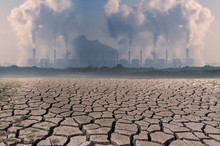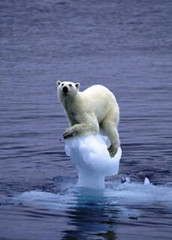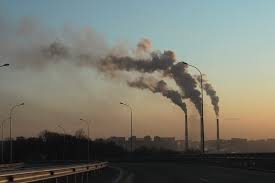
As the tides of environmental concern swell among Americans, new data unveils a shift in the public’s confidence in their ability to steer the government’s hand on climate change.

Insights from the latest Climate Change in the American Mind survey (October 2023) suggest an emerging sense of collective efficacy—that is, the belief in the power of citizenry to achieve significant outcomes, such as influencing federal action on global warming.

The survey, representing a nationally weighted cross-section of 1,033 U.S. adults, revealed a subtle yet pivotal increase in collective political efficacy. Since December 2018, the proportion of Americans who feel “moderately confident” in their impact on federal climate policy rose from 38% to 43%.

While a modest 5 percentage point rise, it marks a growing consciousness of potential group influence on pivotal issues. This uptick, however, is not uniformly distributed among the political spectrum. Registered Democrats and Independents noted an 11-percentage point surge in their sense of agency, while Republicans observed a minor, statistically insignificant decline.

The burgeoning gap in political efficacy between party lines, having more than doubled from 16 percentage points in 2018 to a stark 34 in 2023, points to a deepening divide, reflective of broader societal tensions over climate change and government responsiveness.

Demographics play their part in this complex mosaic. The survey highlighted that Hispanics/Latinos, Black Americans, Democrats, and the younger generations—Gen Z and Millennials—are the most convinced of their clout, with at least half of each group asserting confidence in affecting government action. On the opposite end, Republicans, White Americans, and older generations exhibit lesser degrees of conviction.

Social dynamics emerge as a key factor in shaping this landscape of efficacy. Those frequently engaging in discussions about global warming, at least once a month, possess higher levels of perceived collective efficacy.

Interestingly, this correlation is particularly pronounced among Republicans, suggesting that societal cues might be instrumental in swaying conservative perspectives on climate change.

This societal influence is rooted in the concept that dialogue and discourse on climate issues propagate norms and values conducive to environmental activism. The survey notes, “When people hear their family and friends talking about global warming, it can convey a social norm that others care about the issue.”

Though many Americans harness at least moderate confidence in their collective power, certain demographics—marked by their ethnicity, political affiliation, and age—believe more fervently in their influence. Communication strategies might harness this sentiment to encourage climate action, though further inquiry is warranted to pinpoint the most effective pathways for strengthening these convictions across diverse audiences.

The emphasis on dialogue as a driver for collective efficacy aligns with other significant findings. For instance, Pew Research Center’s study revealed broad bipartisan support for policies aimed at mitigating the effects of climate change, including large-scale tree planting efforts and tax incentives for businesses that capture carbon emissions.

This suggests that despite political differences, common ground exists in the realm of environmental action—a point of unity in an otherwise polarized arena.

It’s imperative to recognize the role communication and social norms play in shaping public perceptions and the associated political actions. As the EPA commits to protecting human health and the environment through its various programs and regulations, it is clear that fostering a culture of climate conversation could be pivotal.

In an era where the individual’s voice often feels drowned out by the cacophony of political discourse, this newfound belief in collective political efficacy might just be the wind beneath the wings of environmental advocacy.

Only time will tell if these whispers of change will crescendo into a symphony of impactful climate action, led by the very people who once questioned their influence.
Relevant articles:
– Who thinks people can affect what the government does about global warming?, Yale Program on Climate Change Communication
– Climate Change, epa.gov
– Two-Thirds of Americans Think Government Should Do More on Climate, Pew Research Center

